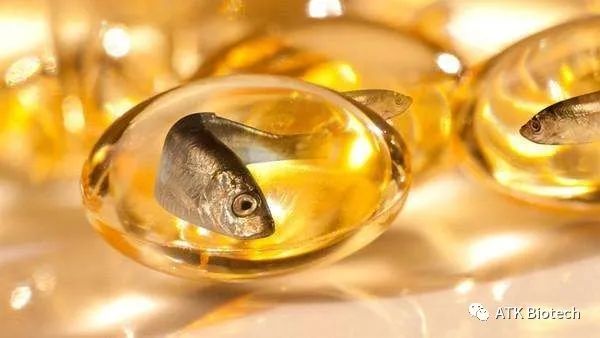The rise of algal oil DHA is associated with the "green economy."
At the beginning of 2020, the coronavirus pandemic broke out and soon swept the world, and this still pandemic is destined to change the world in many ways for a long time. More and more people choosing a vegetarian diet is one of them.
As of now, the initial source of the virus and even the intermediate host are not fully understood, and it is certain that the novel coronavirus (COVID-19) that caused the outbreak came from wild animals. In fact, SARS in 2003, Middle East respiratory syndrome (MERS) in 2012, and Ebola in 2014 were all due to unfriendly contact between people and wildlife.
The pandemic has taught governments and societies too many profound lessons.
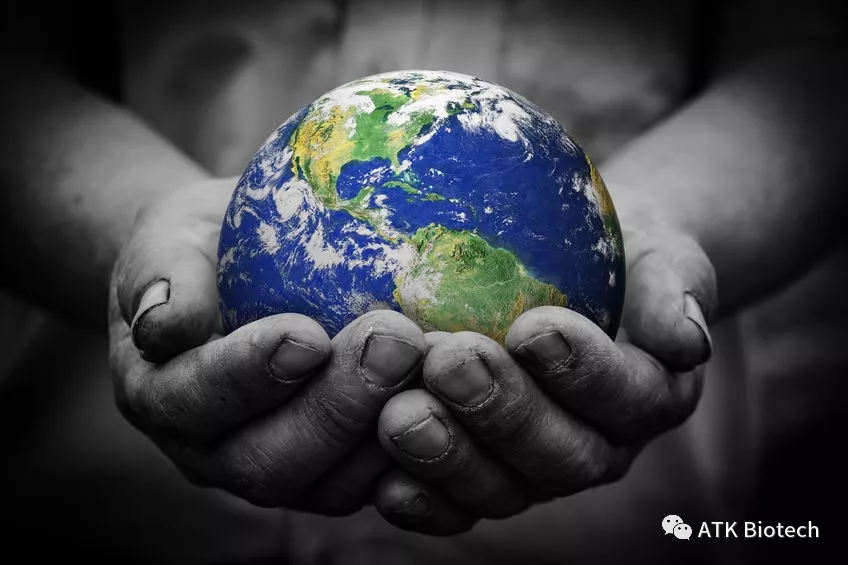
(The earth we live on is also fragile, the picture comes from the Internet, if there is infringement, please contact Info@ahtk-health.com delete)
In February 2020, the Standing Committee of the Chinese Congress passed a decision to completely ban illegal wildlife trade and eliminate the habit of indiscriminate consumption of wild animals. In May 2020, the European Commission released its "From Farm to Fork" strategy, stating that it will invest at least 10 billion euros between 2021 and 2027 to support the green transition of the economy and society.
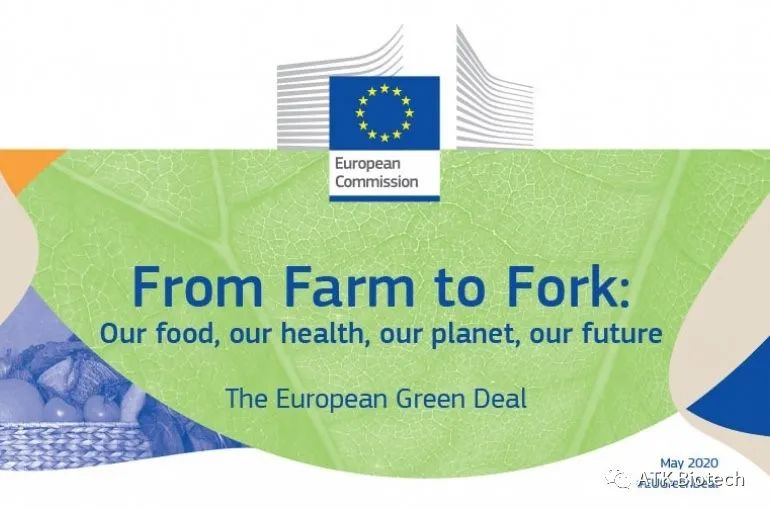
(In May 2020, the EU released EU Geen Deal, image from the Internet)
Compared with meat, vegetarian food is undoubtedly more conducive to caring for the earth on which human beings live in many ways, such as slowing down climate warming, improving biodiversity, reducing biosecurity and even the risk of disaster.
However, in some specific nutritional aspects, meat is superior. For example, plant-based foods are more likely to have insufficient DHA content than meat-based foods. [4]
The good news is that we have found the answer at the same time as we have found the problem. Certain marine microalgae (chytrid fungi, etc.) are rich in unsaturated fatty acids, especially DHA. In artificial settings, they can be used to produce algal oil with high DHA content as a nutritional supplement to fortify with DHA, which is often deficient in plant-based foods.
In 2022, Gathered Foods sold plant-based salmon hamburgers for the first time in the U.S. market, which is actually made from a variety of plant proteins, mixed vegetable oils, algal oils, plant starches, etc. as the main raw materials, and manufactured by extrusion process. [5]
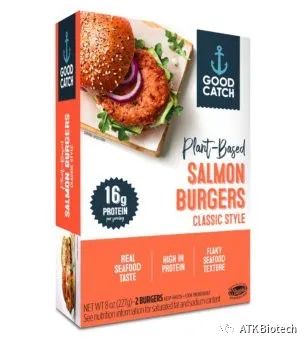
In order to practice the concept of "green economy" development, people are not only using plant-based to produce "animal" food, but also trying to feed animals with plant-based to produce more "green" animal food.
Back in February 2020, retailer Kaufland sold algal DHA-fed salmon for the first time in Germany, obtaining GGN certification. GGN certification aims to promote responsible, transparent and certifiable agriculture, forestry, animal husbandry and fishery production methods, and ultimately achieve sustainable development of life on earth. [6]
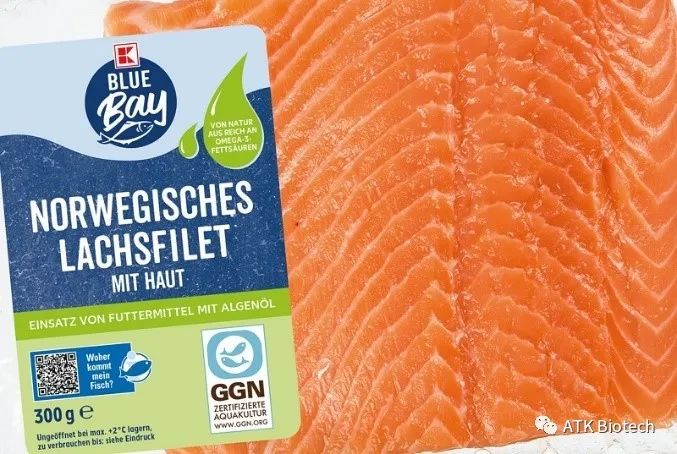
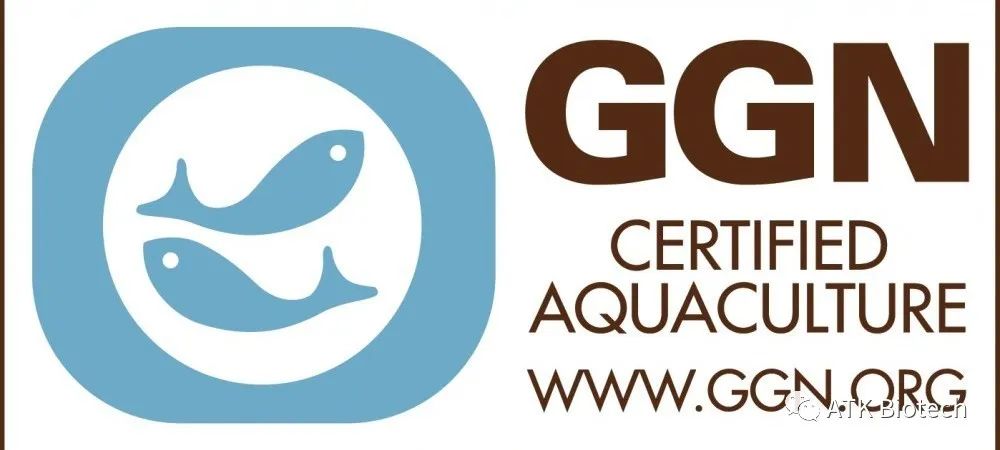
(GGN certified fishery label, image source network)

